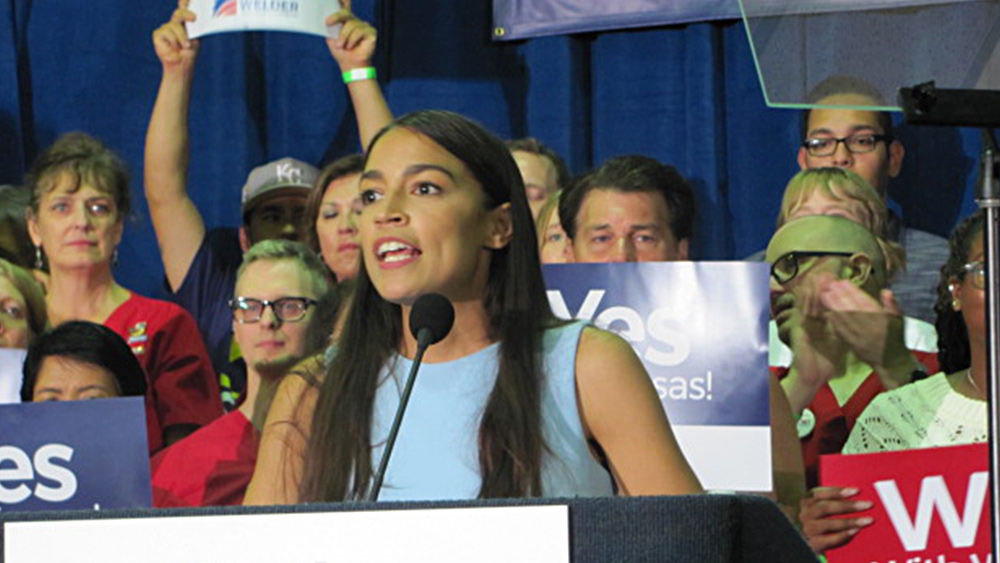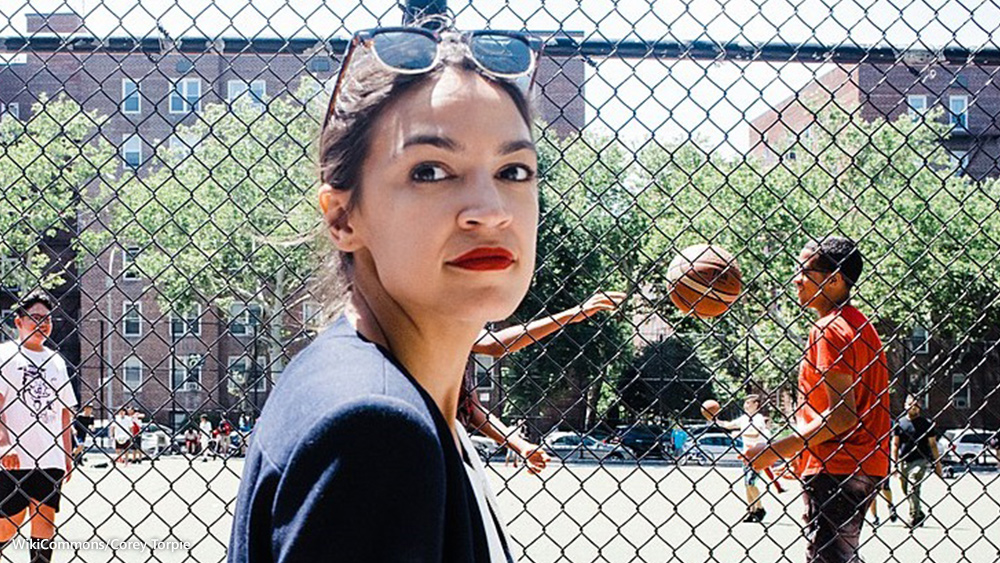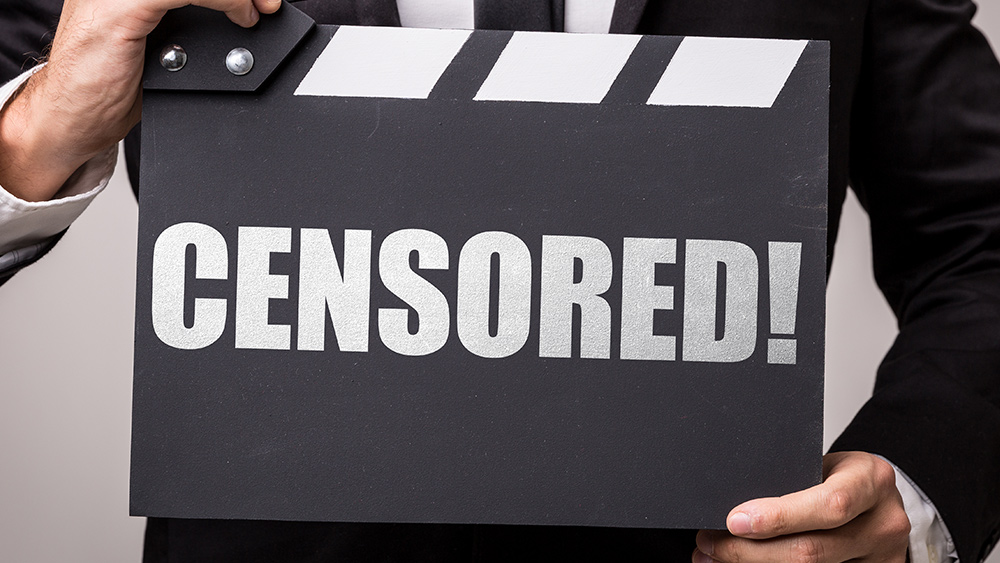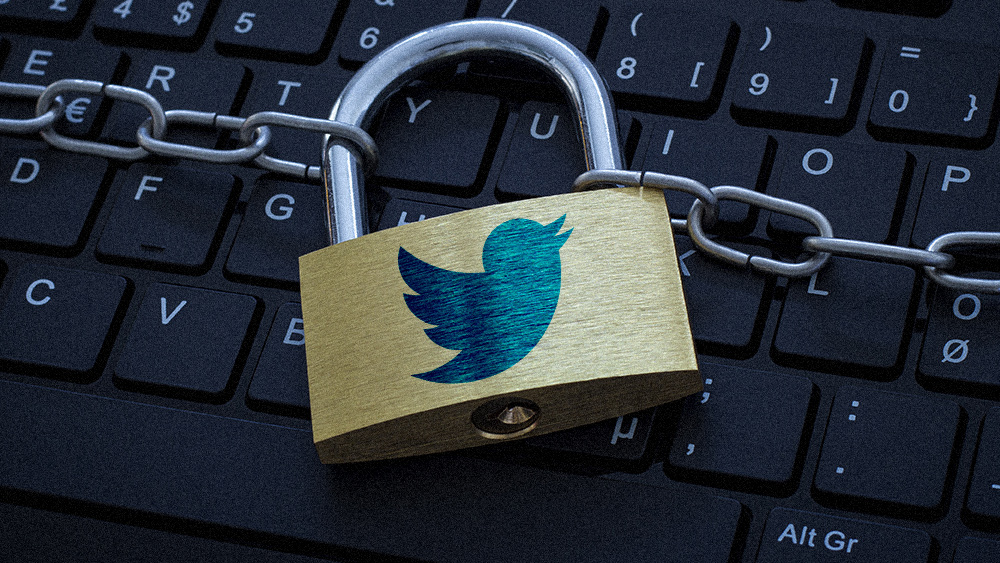
Rep. Alexandria Ocasio-Cortez (D-NY) has called to list down people who supported President Donald Trump for “accountability.” In a Nov. 7 tweet, the congresswoman asked: “Is anyone archiving these Trump sycophants for when they try to downplay or deny their complicity [with the president] in the future?” Michael Simon, a former official in the administration of former President Barack Obama, answered in the affirmative. “Yes, we are,” Simon responded, adding that “every [Trump administration] staffer, campaign staffer, bundler, lawyer who represented them” was included in the so-called Trump Accountability Project.
The project's website exhorted: “[We] must never forget those who helped further the Trump agenda.” It added that the world should never forget people who “when faced with a decision, chose to put their money, their time and their reputations” on “separating children from their families, encouraging racism and anti-Semitism and ... causing the unnecessary loss of life and economic devastation [brought about by the U.S. response] to the COVID-19 pandemic.”
The site describes itself as a permanent record of those who helped put Trump in the White House from 2016 to 2020. Names listed on the site included Trump campaign staffers, Republican National Committee members, Trump-affiliated political action committees (PACs) in 2016 and 2020 and donors who gave $1000 or more to Trump’s re-election campaign. Other people who worked in the Trump administration, were appointed to federal boards, commissions or the judiciary by Trump and represented the Trump name in any capacity were also listed.
However, the project received sharp criticism on social media platforms, which prompted the organizers to revise the reason for the site's existence. They clarified that the list intended to expose paid backers of the Trump administration, removing the stipulations referencing those who “served,” “represented,” and “supported” him.
In a later tweet, Ocasio-Cortez laughed at how Republicans were “upset at the idea of being responsible for their behavior over [the] last four years.”
This “name-and-shame” behavior is reminiscent of Communist purges
Several figures who opposed the president expressed support toward the Trump Accountability Project.
Emily Abrams, a former campaign operative for erstwhile Democratic presidential nominee Pete Buttigieg, tweeted before making her account private: “We’re launching the Trump Accountability Project to make sure anyone who took a paycheck to help Trump undermine America is held responsible for what they did.”
Attorney Ben Meiselas of the Geragos & Geragos warned in a Nov. 7 tweet: “If you hire someone who remained with the Trump admin after the election, be on notice [as] you will be held accountable ... and we will ensure you are exposed.” Along with his two brothers, Meiselas established the MeidasTouch PAC, which aims to stop Trump's 2020 re-election.
Conservative news site The GatewayPundit said the Trump Accountability Project’s “name-and-shame” strategy had some similarities with the Great Purge in Russia from 1936 to 1938. The Russian campaign involved the persecution of wealthy peasants and ethnic minorities, arbitrary executions, the purging of the Red Army, the Communist Party and government officials, and widespread police surveillance. The Great Purge eliminated people considered enemies of the state by Joseph Stalin, the leader of the Soviet Union during that period.
The site added: “We are watching history repeat itself.”
The Trump Accountability project follows in the footsteps of a similar effort to name and shame Trump supporters. Donald Trump Watch allowed users to search a list of people who donated to Trump's campaign and find their addresses online. One can even search by ZIP code or street address and find a clickable map showing people who supported a "racist" with their cash donations. (Related: Yelp to start flagging businesses accused of “racism.”)
However, not all Trump supporters were cowed by the intimidation.
Elijah Schaffer, who hosts the Slightly Offens*ve podcast, said in a now-deleted tweet: “A sitting congresswoman, Rep. Alexandria [Ocasio]-Cortez, threatened 69 million voting American citizens who support President Trump. The Second Amendment was created to protect us from people like her.”
Schaffer ended the tweet by saying he and other Trump supporters were not afraid of the New York state lawmaker, and issued a challenge: “Try us.”
Find out what socialist lawmaker Alexandria Ocasio-Cortez plans to do with perceived “enemies of the people” at CortezWatch.com.
Sources include:
Please contact us for more information.




















